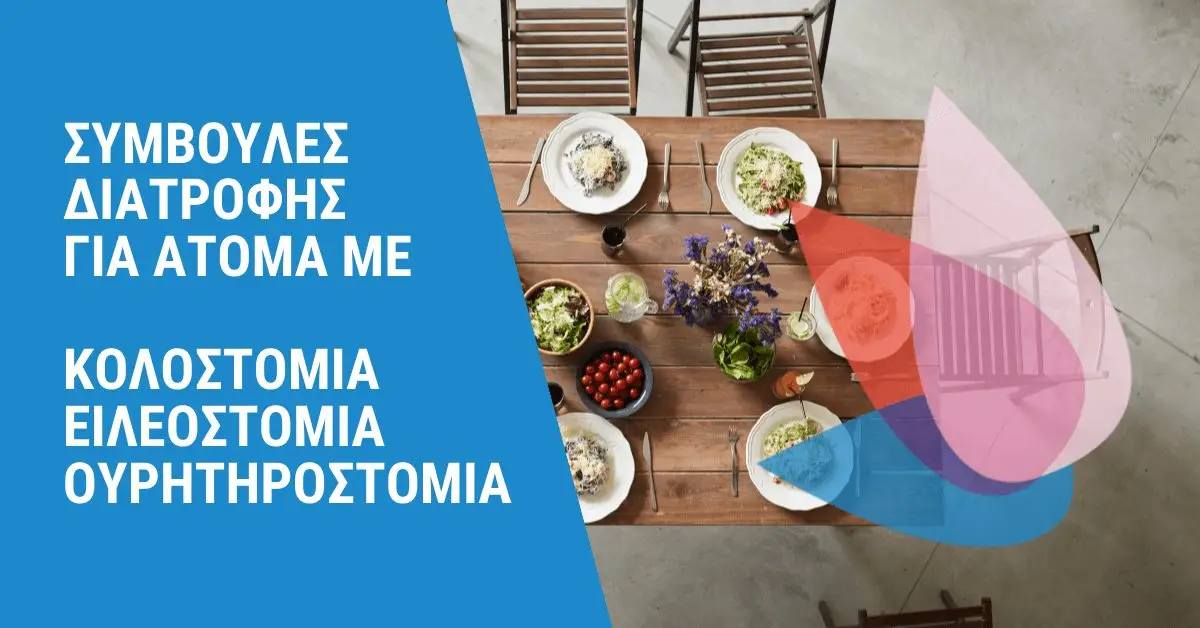The diet for people who have undergone colostomy, ileostomy, and ureterostomy surgery is not that strict . Although you don't need to follow a very special diet, the most important thing is to eat healthy meals, which is the key to a balanced diet for all of us anyway.
However, you should remember that every person is different. Depending on each person's gut flora, some foods that are suggested may not bother you, but the opposite may also happen. Your doctor is certainly the best person to advise you on your diet , and you should contact him or her with any questions or whenever you feel discomfort.
We have compiled some easy instructions and nutrition tips for every ostomy case , so that you can enjoy a healthy and balanced diet every day without deprivation.
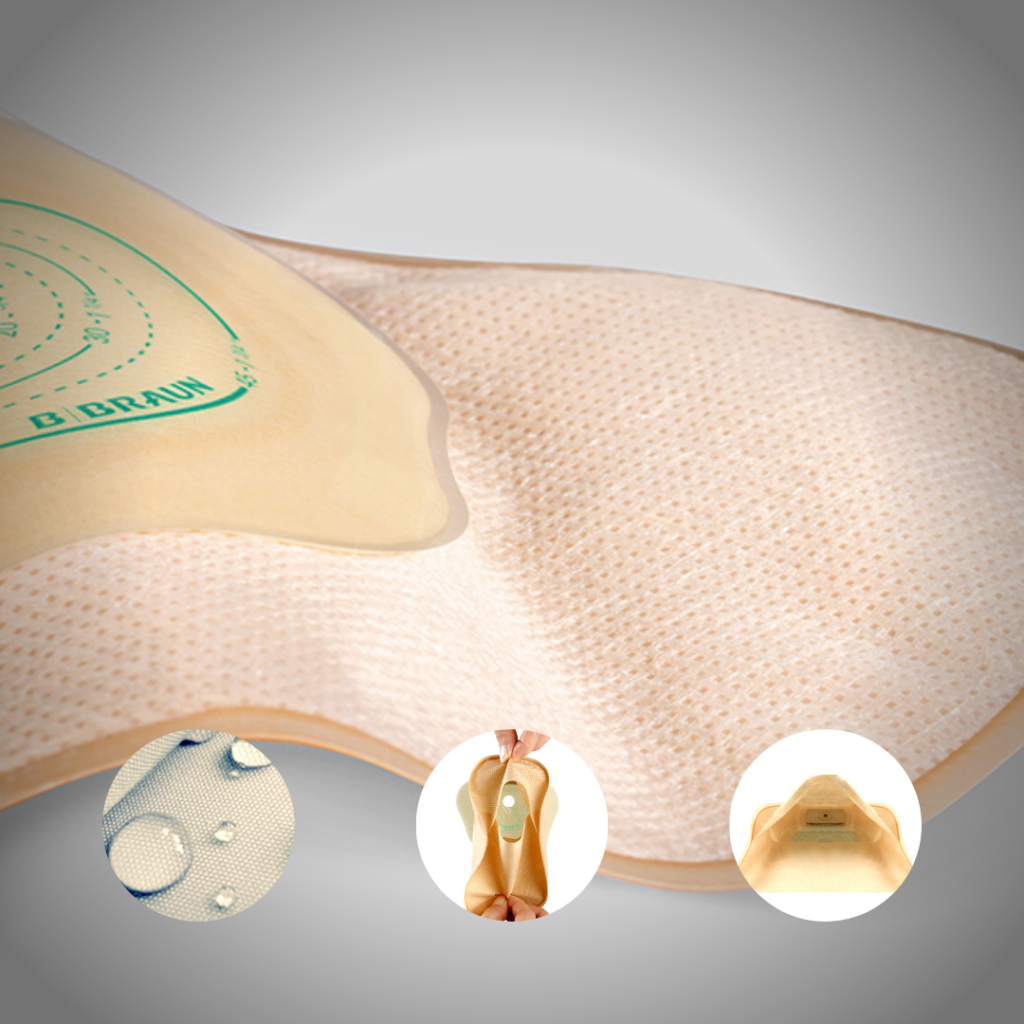
B. Braun ostomy materials are specially designed with a primary focus on safety, comfort and discretion, offering real solutions to everyday problems such as irritation, odor and gas .
Try it for free
Contact form
After surgery I have lost my appetite. Is this normal?
Yes! During the first month after ostomy surgery, your appetite may be quite poor or you may even experience a loss of appetite. You may also have a strange sense of how food tastes. As a result, some people are unable to eat or drink things they used to enjoy. Don't worry though, it won't last forever.
If you feel this way, the following simple dietary guidelines for ostomy patients can help:
- Drink plenty of fluids! Good fluid intake is the key to colostomy, ileostomy and ureterostomy.
- Eat smaller and more frequent meals
- Introduce fruits and vegetables into your diet, but one type at a time to monitor the effect they will have on your body.
- Start by trying fruit without its peel.
- If the taste of a food still bothers you but you want to include it in your diet, then you should try consuming it in a different way (cooked, boiled, steamed, etc.)
In time, you will be able to enjoy most, if not all, of the foods you ate before surgery. Some people have even started to enjoy foods they haven't eaten in years!
It is important to keep in mind that foods that may have caused you gas before surgery will continue to have the same effect on your body after surgery.
trauma care expertise
What can I eat?
Having a stoma does not mean that you have to follow a specific diet , so eating should be a pleasure as before, but without excess.
The best way to stay healthy, whether you have a stoma or not, is to eat properly, wash food thoroughly, and try to eat regularly, slowly, and calmly.
- Start by eating small portions, then continue increasing the quantities until you start eating normally.
- Eat small meals every 3 hours (for example). It will be easier for you than eating 3 large meals.
- When you eat, be relaxed, with your torso upright, eat slowly and chew your food well with your mouth closed.Also, avoid talking while eating to prevent gas formation.
- Include fiber in your diet ( whole grain bread, bananas , etc.)
- Drink plenty of fluids! Drink fluids ( water, tea , etc.) at least 1.5 liters per day. If you have constipation, be sure to increase your fluid intake.
- Certain foods can help reduce/control these odors such as: yogurt, mint, water, parsley .
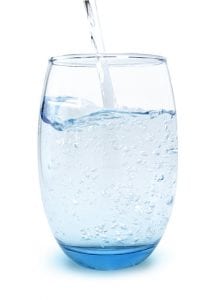
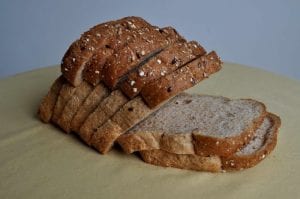
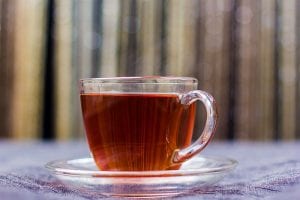
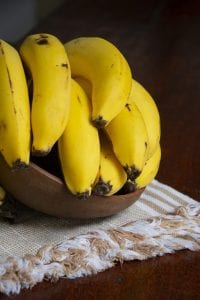
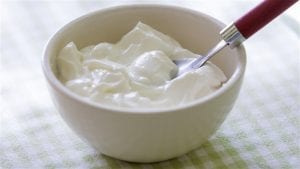
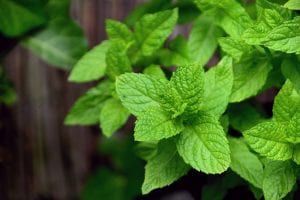
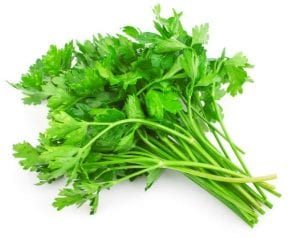
- Avoid certain foods that can cause diarrhea, such as very spicy foods, fatty foods, raw vegetables , etc.
- Avoid certain foods and drinks that can cause gas, such as beer, cider, beans, dairy products , etc.
- Avoid certain foods that may cause odors or bloating, such as beans, broccoli, cabbage , etc.
- Especially for the ureterostomy diet , certain foods can color the urine (such as beets) or give it a specific odor (such as asparagus and cabbage) . It would be a good idea to avoid prune or cranberry juice as they make the urine more acidic.
- Check the amount of vitamin B12 in your blood frequently, because many people tend to be deficient .
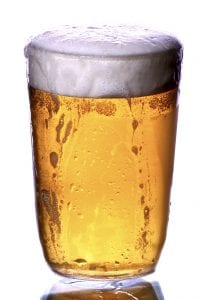
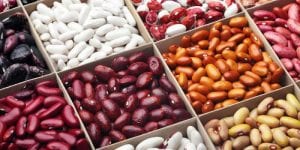
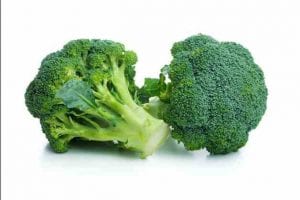
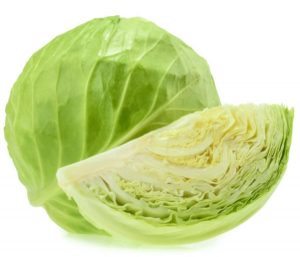
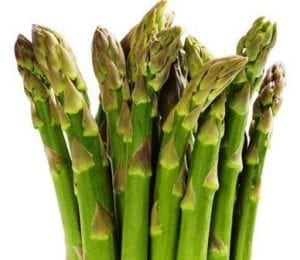
Should I drink lots of fluids?
The answer is a big yes, as already highlighted above. You should get into the habit of drinking water throughout the day.
Colostomies – Ileostomy
The absence of the large intestine, which was previously solely responsible for absorbing fluids and delivering them to the body, gives way to the stoma and you will need to drink more water as your colon does not absorb as much water as it should. To compensate for this, you should drink an average of at least 2.5 liters of water per day.
Daily water consumption, of course, depends on the type of colostomy or ileostomy you have and usually ranges between 1.5 and 2 liters.
In general, it would be a good idea to avoid carbonated and alcoholic beverages, as well as to drink liquids through a straw because they create gas.
Ureterostomy
Here the rule is again to drink a lot of water daily, but you should aim for amounts between 1.5 to 2 liters.
This is particularly important in the case of ileodermal ureterostomy, where urine may contain mucus and clog the catheters.
Of course, you can drink coffee, tea, and juices in addition to water on a daily basis, while you can also include alcohol in your diet, but in moderation.
What changes in fluid intake in people with a stoma when it's hot
High temperatures play a particular role in fluid intake in people with a stoma.
In particular, those with an ileostomy are particularly prone to dehydration because it is constantly productive, but also due to the generally increased sweating. Heat therefore intensifies the frequent filling of the ileostomy bag .
However, you should be very careful and increase the amount of fluids you drink even if it seems difficult to avoid dehydration.
At the same time, it would be a good idea to limit or even completely avoid drinks with added sugars, artificial colors, and sweeteners.
What should I do if I have diarrhea?
If you suffer from diarrhea caused by antibiotic treatment , stress, enteritis , food poisoning, chemotherapy or radiotherapy, it is a good idea to reduce your intake of fruits and vegetables in the colostomy, ileostomy or ureterostomy diet you are following.
- Keep your body hydrated! Drink a glass of water every hour
- If diarrhea persists, eat dry foods, such as toast . Then you can eat foods, such as white rice.
- Use bags that can be emptied and eat foods with a low fiber content.
- If diarrhea persists, consult your doctor.
- Avoid dairy products for 24 hours
What should I do if I have constipation?
If you suffer from constipation, it is a good idea to increase your fluids as well as your intake of fruits and vegetables.
- Drink at least 2 liters of fluids a day .
- Drink a glass of ice water on an empty stomach to speed up bowel movements.
- Drink natural fruit juice in the morning on an empty stomach such as frozen grape, orange, apple and plum.
- Eating citrus fruits, such as kiwis and oranges, can help you
- Physical exercise helps
- If constipation persists, consult your doctor.
- Don't eat rice and cooked carrots.
- Avoid tea and coffee , because they contain caffeine which can cause dehydration and constipation.
- WARNING: Do not take laxatives without telling your doctor.
What should I do if I have bloating?
- Eat your meals calmly, in silence, at specific times.
- Chew your food well.
- Drink plenty of water (preferably between meals)
- Avoid foods that cause bloating, such as dried vegetables, beans, chickpeas, peas, whole wheat bread , and so on.
- Avoid soft drinks . If you absolutely must drink a soft drink, stir it with a spoon to remove the bubbles before drinking it.


